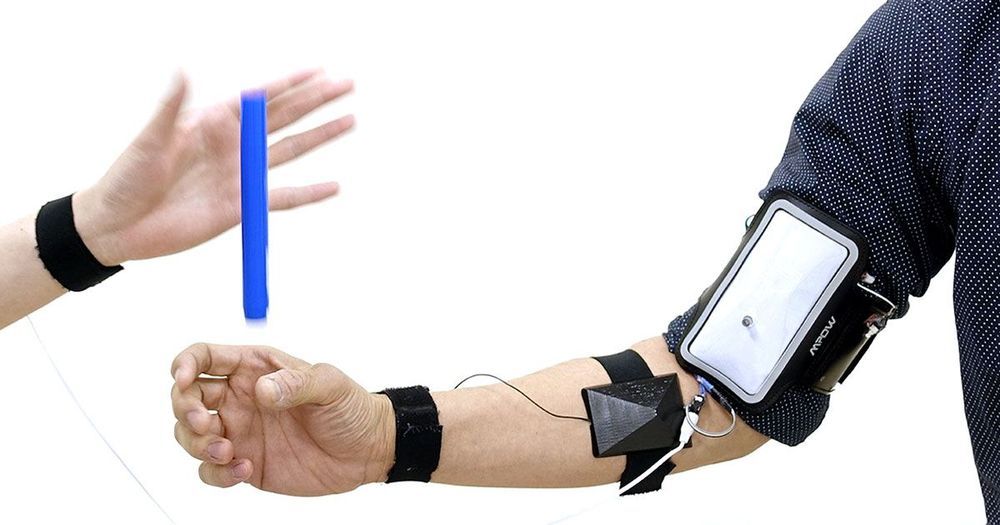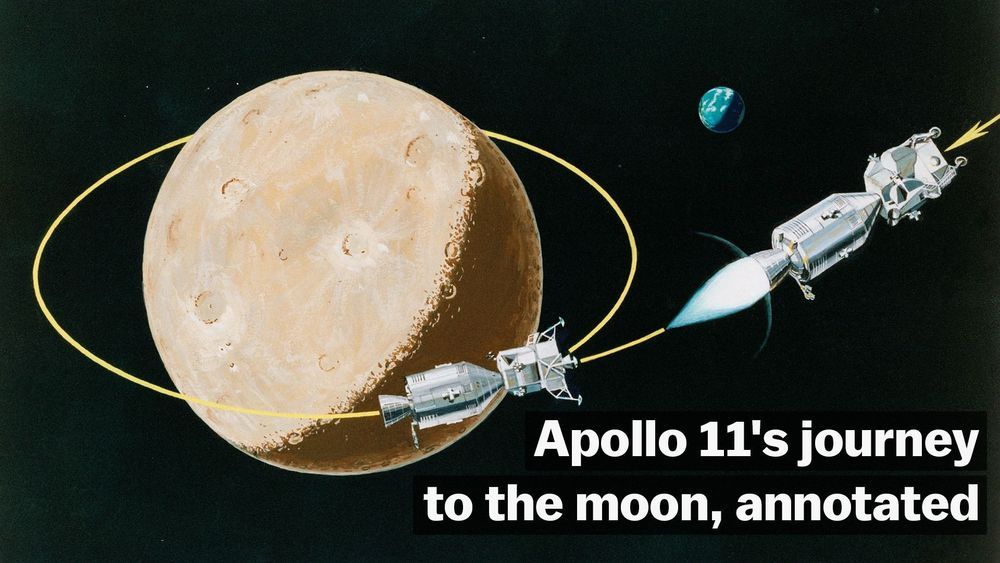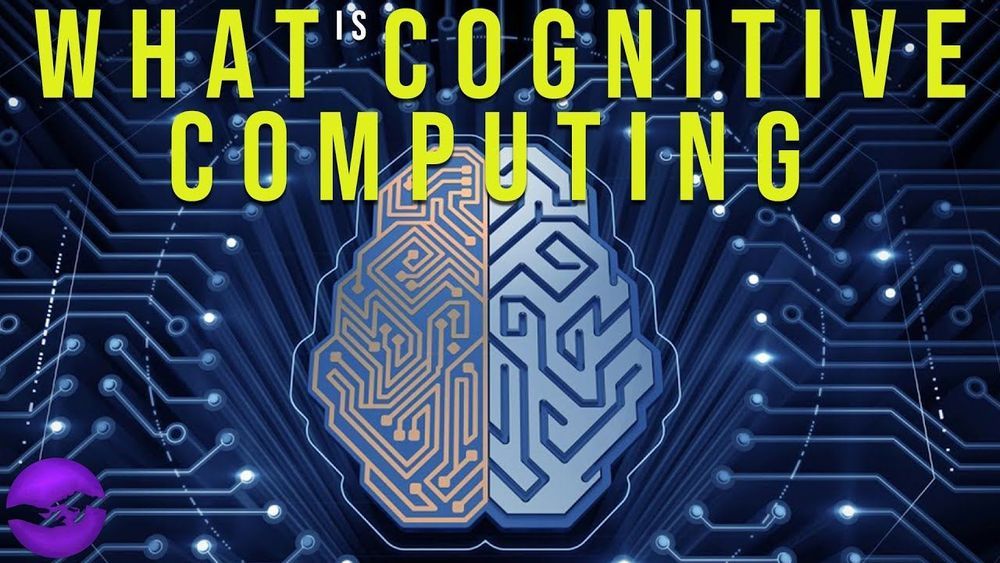Jul 21, 2019
Upgrade to Superhuman Reflexes Without Feeling Like a Robot
Posted by Quinn Sena in category: robotics/AI
Electrical muscle stimulation can speed up human reflexes. But can we use it without giving up control of our bodies?

Electrical muscle stimulation can speed up human reflexes. But can we use it without giving up control of our bodies?
Mesenchymal stem cells (MSCs), the major stem cells for cell therapy, have been used in the clinic for approximately 10 years. From animal models to clinical trials, MSCs have afforded promise in the treatment of numerous diseases, mainly tissue injury and immune disorders. In this review, we summarize the recent opinions on methods, timing and cell sources for MSC administration in clinical applications, and provide an overview of mechanisms that are significant in MSC-mediated therapies. Although MSCs for cell therapy have been shown to be safe and effective, there are still challenges that need to be tackled before their wide application in the clinic.
Keywords: mesenchymal stem cell, cell therapy, tissue injury, degenerative disease, immune disorder, graft-versus-host disease, immunomodulation, trophic factor.
Stem cells are unspecialized cells with the ability to renew themselves for long periods without significant changes in their general properties. They can differentiate into various specialized cell types under certain physiological or experimental conditions. Cell therapy is a sub-type of regenerative medicine. Cell therapy based on stem cells describes the process of introducing stem cells into tissue to treat a disease with or without the addition of gene therapy. Hematopoietic stem cells (HSCs) have been widely used for allogeneic cell therapy. The successful isolation of pluripotent embryonic stem (ES) cells from the inner cell mass of early embryos has provided a powerful tool for biological research. ES cells can give rise to almost all cell lineages and are the most promising cells for regenerative medicine.

50 years ago today, Apollo 11 landed on the moon. It took 4 days and an incredible mid-flight rotation to accomplish.
Across the U.S., there appears to be a rise in cases of people contracting ‘flesh-eating’ bacteria. Experts weigh in on the cause of the bacteria and what families can do to stay safe while enjoying the rest of summer vacation.
Detailed earthquake information — overview map, magnitude, time, depth, information source, shake map, list of reports. Feature interactive map: submit / read I-felt-an-earthquake reports and links to further info.
Visualizing a half century of data helps us understand why people make the choice to leave and where they go.
The government has called a state of emergency in 12 districts across southern Peru as eruptions continue at Mt. Ubinas. Local governments are being overwhelmed particularly by health emergencies.
The eruptions of dense ash began before dawn on Friday, darkening nearby villages and spreading across four regions of Moquegua, Arequipa and Tacna. The Peruvian Geophysical Insitute, IGP, first issued a yellow alert but raised this to orange by noon as the eruptions increased. The ash will affect the health of inhabitants and also crops and grazing land, as winds spread the ash across the south and southeast of the region.
Emergency measures include immediate intervention of most government ministries, including Health, Agriculture, Transport and Environment. In earlier eruptions —most recently in 2013 and 2014— people from the villages close to the volcano had to be housed further away until the eruptions subsided.

This video is the eleventh in a multi-part series discussing computing. In this video, we’ll be discussing what cognitive computing is and the impact it will have on the field of computing.
[0:28–5:09] Starting off we’ll discuss, what cognitive computing is, more specifically – the difference between current computing Von Neuman architecture and more biologically representative neuromorphic architecture and how these two paired together will yield massive performance and efficiency gains!
Continue reading “What Is Neuromorphic Computing (Cognitive Computing)” »